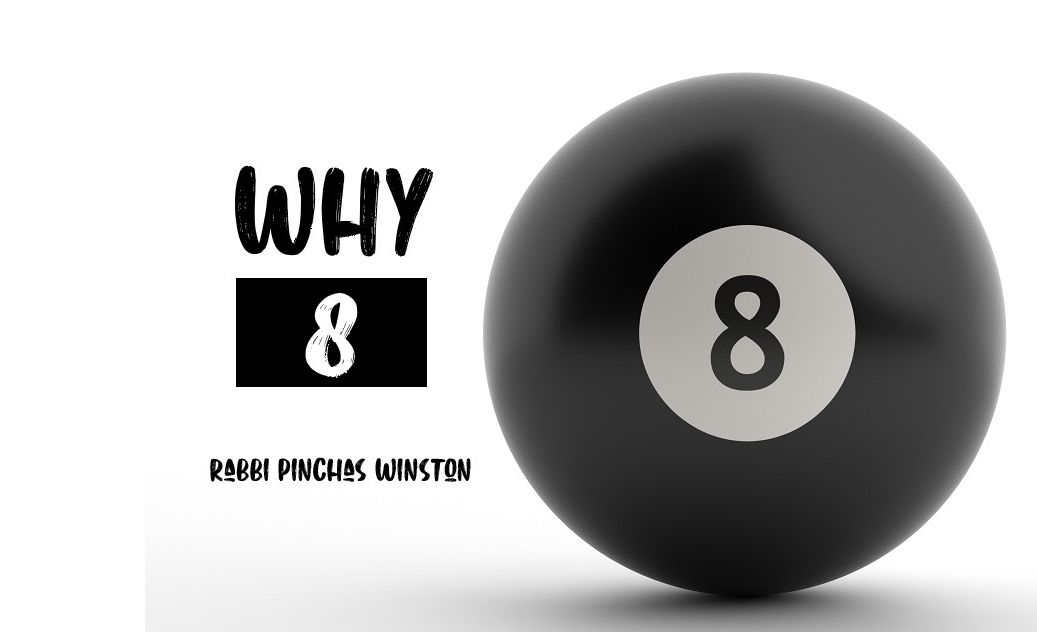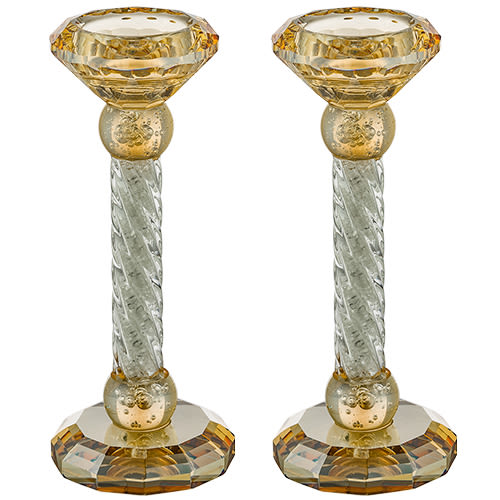
Metzora: Resisting Social Pressure
One must be zealous in avodas-Hashem (service of G-d) and be willing to withstand social pressures to "bend" with the "winds of change" when...

The priest shall order that the bird be slaughtered over fresh spring water in a clay bowl. He shall then take the (other) live bird together with the piece of cedar (Vayikra 14:5-6)
Everything about the purification process that the Metzora underwent was symbolic of something meant to drive home the point about avoiding negative character traits, especially those that lead to loshon hara — either the speaking of it or the listening to it.
For example, why cedar? Explains Rashi:
“Because the plague comes as a result of a bloated personality.” (Rashi)
The Sifsei Chachamim explains, as does the Ramban, that the cedar tree is one of the nicest and tallest of all the trees. The presence of this tree was to remind the Metzora that it was because he held his head too high and was too proud that he spoke loshon hara. And, it was his pride that prevented him from being able to acknowledge the warning signs to do teshuvah, and, which eventually led him to being forced from the camp of the Jewish people and sent out in shame.
There is another story from the Talmud that completes the picture of the role of the cedar tree in the purification process of the Metzora:
Our rabbis taught: A person must at all times be yielding like a reed, and not unbending like a cedar tree. It once happened that Rebbi Elazar ben Rebbi Shimon left Midal Gedor where his teacher lived, and as he rode leisurely a donkey on the banks of the river, he rejoiced greatly and felt very proud that he had learned much Torah. A person was “prepared” for him (Rashi: Some say it was Eliyahu) who was extremely ugly.“Peace be unto you, my master!” to which he (Rebbi Elazar) did not respond, but instead asked, “Good-for-nothing! Perhaps all the people of your city are as ugly as you?!” “I don’t know,” was his reply, “but why don’t you go to the Craftsman (G-d) Who made me, and tell Him how ugly the vessel He made is.”From this he (Rebbi Elazar) understood that he had sinned, and he got off his donkey and threw himself before him and said, “I have sinned against you forgive me!”He told him, “Not until you go to the Craftsman and tell Him how ugly the vessel He made is!”He (Rebbi Elazar) followed after all the way to the city, whereupon the people of the city came out to greet him, saying, “Peace be unto you, our rabbi, our rabbi! Our teacher, our teacher!”He (the “Ugly Person”) said to them, “Whom do you call ‘teacher’?”They answered him, “The one who travels after you.”“If so, then, there should not be more like him in Israel!”“Why not?” they asked.“Because,” he replied, “he did thus and thus to me.”“Nevertheless,” they pleaded, “forgive him, because he is an important Torah scholar.”“For your sake, I will forgive him,” he told them, “but on the condition that he not do it again.”Immediately following this, Reb Elazar ben Rebbi Shimon taught: A person should be soft like a reed and not unbending like a cedar; hence, it is the reed from which a quill is taken to write a Sefer Torah, Tefillin, and Mezuzot. (Ta’anis 20a)
There is much to learn from this Talmudic passage, including from the parts that seem secondary to the story itself. However, it is a perfect link between this week’s parshah of Torah, and this week’s parshah of life (getting ready for Pesach). For, like the reed, matzah symbolizes humility (Maharal), and like the cedar tree, chometz represents a bloated personality, the “simple you” PLUS the “shtik” you perform to appear thus-and-thus in the eyes of others, be it to “fit in,” impress others, or just to feel more secure.
It should be pointed out that cedar trees were used in the construction of the Temple, specifically BECAUSE of their rigidity, teaching, perhaps, the same message but from a different direction: when it comes to doing what is halachically-correct, one must stand tall and be firm. Approaching the limits of Torah, and transgressing them because that is the “fashion” of the time is not a good trait, and results in great spiritual destruction.
One must be zealous in his or her avodat Hashem (service of G-d), and be willing to withstand social pressures to “bend” with the “winds of change” when they violate the law and spirit of Torah. This, too, is the inherent message of the cedar of purification, and the matzah of education, meant to affect us ALL year round.
***
Pinchas Winston is the author of over 95 books on various topics that deal with current issues from a traditional Jewish perspective. He has also written on the weekly Torah reading since 1993, called “Perceptions,” as well as on current topics and trends affecting Jewish history, past and present. One of his missions is to make the depth and beauty of the more mystical teachings of Torah understandable and accessible to those who can really benefit from them. Visit his website at thirtysix.org.










Tell us what you think!
Thank you for your comment!
It will be published after approval by the Editor.